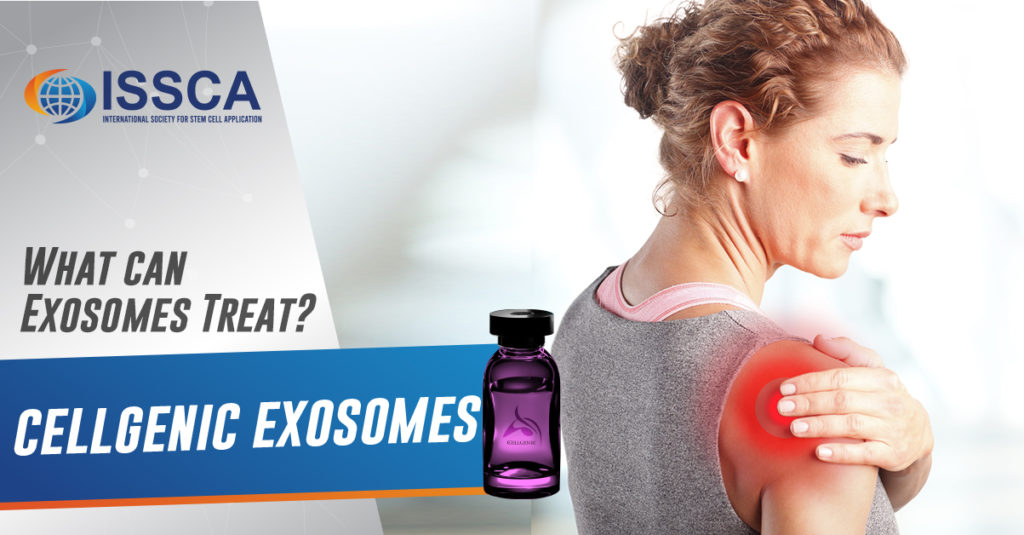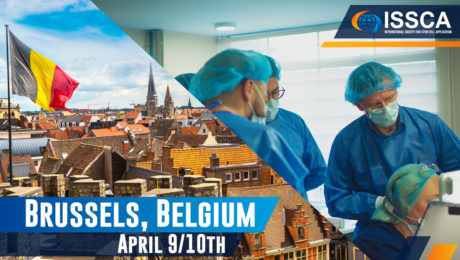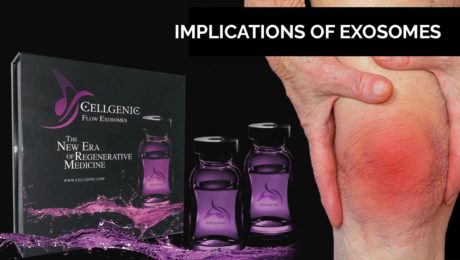Global Stem Cells Group Announces Training in Brussels, Belgium for April 9/10th
The Global Stem Cells Group, a multi-disciplinary community of scientists and physicians that are collaborating to treat diseases and lessen human suffering through the advancement of the field of regenerative medicine has announced plans for a training in Brussels, Belgium on April 9/10th. This course is a long-awaited return to the country of Belgium after months of inactivity in the region brought about by the COVID-19 pandemic. During this time, research proceeded, and shocking discoveries were made that further thrust regenerative medicine into the world’s stage, and as a result the curriculum has been reinforced with the latest in IV therapy and exosome protocols.
This training will be one of the first of 2021, reaffirming the Global Stem Cells Group’s presence in Europe as a key player in the field of regenerative medicine. Members from both Global Stem Cells Group & the International Society for Stem Cell Application’s Brussels Chapter will be there to assist in expanding research for and the practice of regenerative medicine across Europe.
“It’s good to know that the Global pandemic has not been able to stop the progress of business,” Says Benito Novas, founder and CEO of the Global Stem Cells Group, “With reopening happening slowly, but surely, we hope that more and more physicians and clinics will take up the benefits of regenerative medicine.As we continue to train patients with the GCell Machine, ”
This training is intended to teach physicians the value and process behind incorporating regenerative medicine into their own clinical practice. This includes a theoretical portion that goes over basic regenerative medicine biology and its application, but also includes a Hands-On portion in which doctors, in a controlled environment and guided by a team of medical professionals, will have the opportunity to see procedures be performed just a few feet away, and then get the opportunity to try it for themselves.
The Belgium Stem Cell Center is one that is outfitted with the latest technology in regenerative medicine processing, which ensures any students that pass through it receive an education in extraction, isolation, and application of Platelet-Rich Plasma, Adipose, and Bone Marrow-Derived Mesenchymal Stem Cells.
This training will also teach physicians how to utilize the GCell Machine to perform regenerative medicine therapies. GCell is a tissue homogenization device that is revolutionizing the future of regenerative medicine. It is an extremely compact, all-in-one unit that can homogenize and isolate the stem cells from an adipose sample. GCell’s process of homogenizing with a system of precise blades and filtering ensures that the sample can be processed within an hour, with little input from the physician when the machine begins to do its work.
Once the process is over, the end result is a final product that can be administered to patients within an hour after the initial tissue extraction. This is a far cry from the previous, muti-hour long treatments that physicians have grown accustomed to, and the shortened timespan and simplicity of the procedure is something that both doctors and their patients will greatly appreciate.
If you are interested in enrolling in this upcoming event, or to learn more about the different training opportunities available, you can visit us at our training website.
About Global Stem Cells Group
Global Stem Cells Group (GSCG) is a worldwide network that combines seven major medical corporations, each focused on furthering scientific and technological advancements to lead cutting-edge stem cell development, treatments, and training. The united efforts of GSCG’s affiliate companies provide medical practitioners with a one-stop
hub for stem cell solutions that adhere to the highest medical standards.
- Published in Press Releases
Implications of Exosomes
As the newest field in regenerative medicine, exosome therapy is often the least understood by doctors new to the field. While still not widely used by many doctors, this is simply because it is new. However, many scientists are eager to harness the benefits of this new treatment and apply them to target various conditions that modern medicine has struggled to address.
Extracellular Vesicles and Exosomes
The discovery of extracellular vesicles (EV), small bubbles composed of protein freely among cells, has been considered one of the greatest advancements in the field of medicine. They are broadly defined as entities that exist outside of the cells of the human body and can be quite unique. Among these are exosomes, which have shown almost miraculous promise in treating inflammation, immunomodulation, cell-cell communication, and much more. Although not a cure-all, exosomes are effective in their roles, which include the communication and rejuvenation of all cells in the body, despite not actually being cells themselves.
Exosomes are created by growing a healthy stem cell culture and then disposing of the cells, leaving behind millions of exosomes created in the process. Due to their microscopic size, what is left behind must be ultra-centrifuged to concentrate them enough for patient use. Despite all their abilities, the makeup of exosomes is quite simple, consisting of amino acids and RNA. This means that, aside from their immunomodulatory properties, exosomes can be applied to a patient without causing an immune system reaction, a common concern with other treatments.
An Overview of Exosome Therapy
Generally defined, exosome therapy is the use of exosomes in a clinical setting, a new step forward that is being happily taken by physicians worldwide. Exosome therapy has rapidly become one of the most popular fields of regenerative medicine treatment globally. Painstaking research has highlighted the practical uses of exosomes, and how they can treat conditions including Lyme disease, hair loss, and arthritis. While stem cells are responsible for the rejuvenation of older cells, they might not be able to supply the information required for healing to take place—this is where exosomes come in.
Consider exosomes the traffic conductors of regenerative medicine. They stimulate attention to damaged areas and work to control inflammation. Many researchers believe that supporting the function of exosomes in the body could lead to better outcomes for patients. These scientific breakthroughs have fundamentally changed the healing process as we know it.
How Exosome Therapy Works
Exosome therapy is minimally invasive and most commonly used in patients with orthopedic injuries, but it also has great applications in anti-aging medicine and the treatment of inflammatory and degenerative diseases. Exosome treatments generally contain a combination of growth factors, messenger RNA, micro RNA, and cytokines. The resulting exosome treatment is used in conjunction with stem cell therapies to boost the healing process in patients. These exosome therapies can be administered directly into the affected area or through an IV drip for those seeking the anti-aging properties of exosomes.
Exosome injections are administered similarly to other cellular therapies—directly into the part of the body affected by disease. Patient dosing varies based on the condition and treatment plan, allowing physicians to customize them to a patient’s needs.
What Can Exosomes Treat?
As the field of regenerative medicine constantly grows, more treatments are discovered every month. Researchers have found exosomes to be an exciting alternative for a wide variety of illnesses, including arthritis therapy, where they play a significant role in bone and cartilage remodeling. Exosome therapy currently shows promise in treating the following conditions:
Hair Loss
Exosomes can regrow hair due to their growth factor content. When injected, exosomes trigger healing and the natural regeneration of hair follicles.
Lyme Disease
Exosomes may benefit patients suffering from Lyme disease, a complex disease that compromises the immune system. By incorporating exosomes into a treatment plan, patients could break the cycle of inflammatory response.
Arthritis
Arthritis, characterized by joint inflammation due to autoimmune deficiency, can be alleviated with exosome therapy. Although various treatments are available, exosomes show potential in reversing the disease’s progression.
Anti-Aging
Aging can be thought of as a slow, steady inflammation of the body. Researchers have found a direct correlation between the number and types of exosomes within the body and the effects of aging. Exosome therapy could reduce swelling and treat conditions like crow’s feet, puffy eyes, and other markers of aging.
Pain Management
Many pain symptoms result from inflammation. For severe, chronic conditions that cannot be treated with over-the-counter options, exosome therapy could be key. By targeting the pained area at the source of inflammation, exosome therapy can increase the quality of movement and reduce pain in certain orthopedic conditions, including stress injuries.
As physicians around the world continue to study and apply exosomes, Global Stem Cells Group recognizes the need to get these products into doctors’ hands. Our Cellgenic line has been in operation for years, helping physicians treat these conditions and more with exosome therapy.

- Published in Corporate News / Blog



